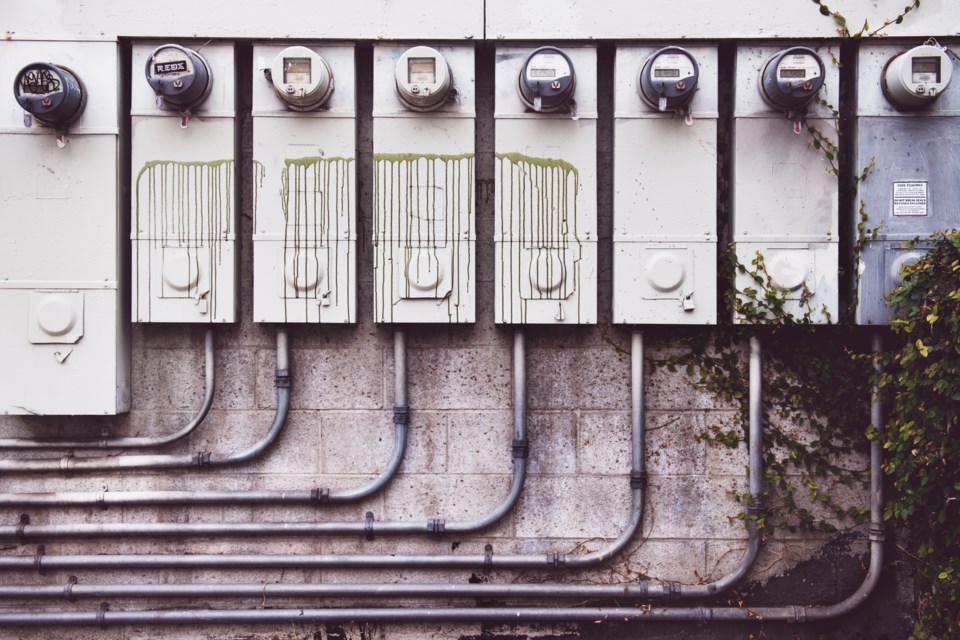City council, Tuesday night dove into a wide-ranging talk about smart meters in Longmont that offered different opinions on the health effects of wireless technology as well as its reliability.
Council members, during a work session, said they wanted to better understand the consequences of converting to smart meters within the next three years. Smart meters, or advanced metering infrastructure, is the focus of a $16 million project that calls for switching traditional utility wired meters on homes in Longmont to the wireless variety.
City officials say wireless metering is key to helping Longmont reach its 100% renewable energy goal in 2030.
But some critics say the radio frequency, or RF, signals from smart meters cause cancer and other health problems.
Longmont resident Doe Kelly told the city council in the public invited to be heard portion of the meeting that she is a “canary in the coal mine,” in alerting residents to the dangers of smart meters. She said she is a victim of electrosensitivity issues caused by emissions from several electrical devices including smart meters.
“There is so much information out there that so-called ‘smart meters’ are not healthy for biological life not only on account of their microwave radiation emissions but for the safety, security, privacy and fire hazards they pose…” Kelly said in an email.
David Hornbacher, director of Longmont Power and Communication, stated in a report to the council that agencies such as the Centers for Disease Control and Prevention, the Federal Communications Commission and the American Cancer Society indicate that RF emissions from smart meters are unlikely to produce any adverse health effects to humans.
Bill Hayes, environmental engineer with Boulder County Public Health, told the city council the level of RF signals from smart meters are non-ionizing and relatively harmless to humans.
“I feel that smart meters carry an acceptable level of risk,” Hayes said.
However, Timothy Schoechle, senior research fellow at the National Institute of Science, Law and Public Policy, told council that today’s smart meters have a high failure rate and are prone to fires.
“Smart meters are pretty sophisticated computers bound to a circuit board sitting on the outside of a house and installed on the wrong side of a breaker panel,” Schoechle said. “They are very susceptible to surges in the power lines..they blow out and start fires.”
But Councilmember Marcia Martin, who favors Longmont’s move to smart meters, said newer technology and frequent oversight of a smart meter system will improve the device’s durability.
“You have to monitor its stresses and strains,” Martin said. “You have to tune up the grid like you use to tune up your car.”



